By David L. Hudson, Jr.
“The criminal is to go free because the constable has blundered.”
United States Supreme Court Justice Benjamin Cardozo famously wrote this statement in 1926 about the exclusionary rule, a principle he didn’t support. The exclusionary rule, however, is a most important legal principle that protects the rights of criminal defendants when law enforcement officials run roughshod over the Fourth Amendment of the U.S. Constitution.
Government officials must respect the privacy principles undergirding the Fourth Amendment. This means that they cannot engage in “unreasonable searches and seizures.” The Fourth Amendment commands that such unreasonable conduct violates individual privacy.
Often, the requirement of reasonable conduct means that law enforcement officials must have a warrant backed up by probable cause before they search a person’s home, vehicle, or body. Sometimes, they can rely on a lesser quantum known as reasonable suspicion without going through the process of obtaining a warrant.
The point is that government officials have to rely on more than just a hunch or a guess, even a correct guess, that a defendant is carrying contraband. They must have some real quantifiable evidence that the defendant is engaged in illegal activity or harboring contraband. In other words, the government official must have individualized suspicion based on something.
When the government seeks to introduce incriminating evidence, a criminal defense attorney may file a motion to suppress such evidence. The suppression motion argues that the incriminating evidence must be excluded because the government violated the defendant’s Fourth Amendment rights.
Some argue that a guilty person should not be able to rely on the exclusionary rule to escape criminal liability. This is misguided, because it is even more important that law enforcement officials respect and follow the law.
U.S. Supreme Court Justice Louis Brandeis expressed this most eloquently in his dissenting opinion in Olmstead v. United States (1928):
Our government is the potent, the omnipresent teacher. For good or for ill, it teaches the whole people by its example. Crime is contagious. If the government becomes a lawbreaker, it breeds contempt for law; it invites every man to become a law unto himself; it invites anarchy.
The exclusionary rule serves a powerful deterrent against governmental misconduct. If law enforcement officials knew they could violate the Constitution with impunity, individual privacy would be eroded.
The Supreme Court extended the exclusionary rule to criminal trials in state courts in Mapp v. Ohio (1961), writing: “The criminal goes free, if he must, but it is the law that sets him free. Nothing can destroy a government more quickly than its failure to observe its own laws, or worse, its disregard of the charter of its own existence.”
